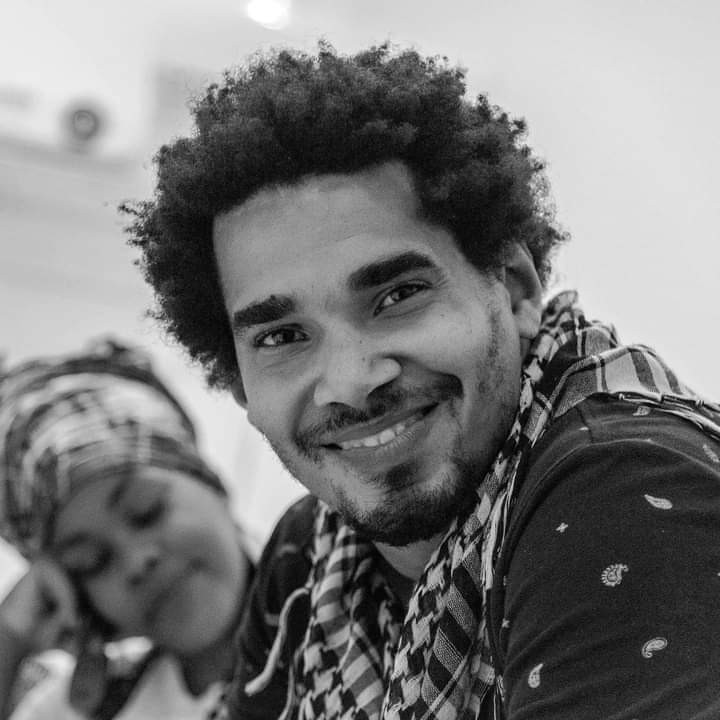
After an arrest, a hunger strike, and a forced hospital stay, Cuban artist Luis Manuel Otero Alcántara has been released from custody in Havana.
Otero Alcántara’s discharge was confirmed yesterday by the San Isidro Movement (MSI), a protest group led by the artist. He had been detained for more than four weeks stemming from a demonstration against the Cuban government.
In a video interview with the progressive media outlet CubaNet after his release, Otero Alcántara explained that he’s feeling better and back to eating food, before issuing another call to action: “My friends have to be in the streets now,” he said.
Otero Alcántara could not be reached for comment. A source close to the artist claimed that state security has not yet returned his phone.
In late April, the 33-year-old artist and activist gave up food and water in protest of the government’s seizure of several of his artworks that month. He was admitted into a local hospital on May 2, more than a week into his hunger strike, where he was guarded by police and prevented from seeing friends and family.
Earlier this month, Amnesty International labeled Otero Alcántara a “prisoner of conscience”—marking the third time he has been classified under this designation by the organization—and urged Cuban President Miguel Díaz-Canel to release him from custody.
On May 24, Tania Bruguera, Tomás Sánchez, and other Cuban artists wrote to Jorge Fernandez, director of the Museum of Fine Arts in Havana, demanding that their works be removed from view until Manuel Otero Alcántara was released. The museum rejected the request, saying the gesture of solidarity wasn’t in “the public interest,” according to Al Jazeera.
Two days later, 36 prominent artists, authors, and academics—including John Akomfrah, Edwidge Danticat, Junot Díaz, Julie Mehretu, and Carrie Mae Weems—issued a public letter to President Díaz-Canel calling for Otero Alcántara’s freedom.
“Luis Manuel Otero Alcántara is being detained solely for peacefully expressing his ideas through his art and for his nonviolent defense of human rights,” the letter read. “We urge you to secure his immediate and unconditional release.”
“I am deeply grateful for the support that he has received from the international arts community, as well as from Cubans around the world,” artist Coco Fusco, a friend of Otero Alcántara who was among the letter’s signatories, told Artnet News. “The Cuban government violated his rights once again, but ultimately had to relinquish control over his person due to all the pressure from outside.”
One of the most vocal figures in the ongoing fight against the Cuban government’s crackdown on artists’ right to the freedom of expression, Otero Alcántara has been arrested more than 50 times since 2019.